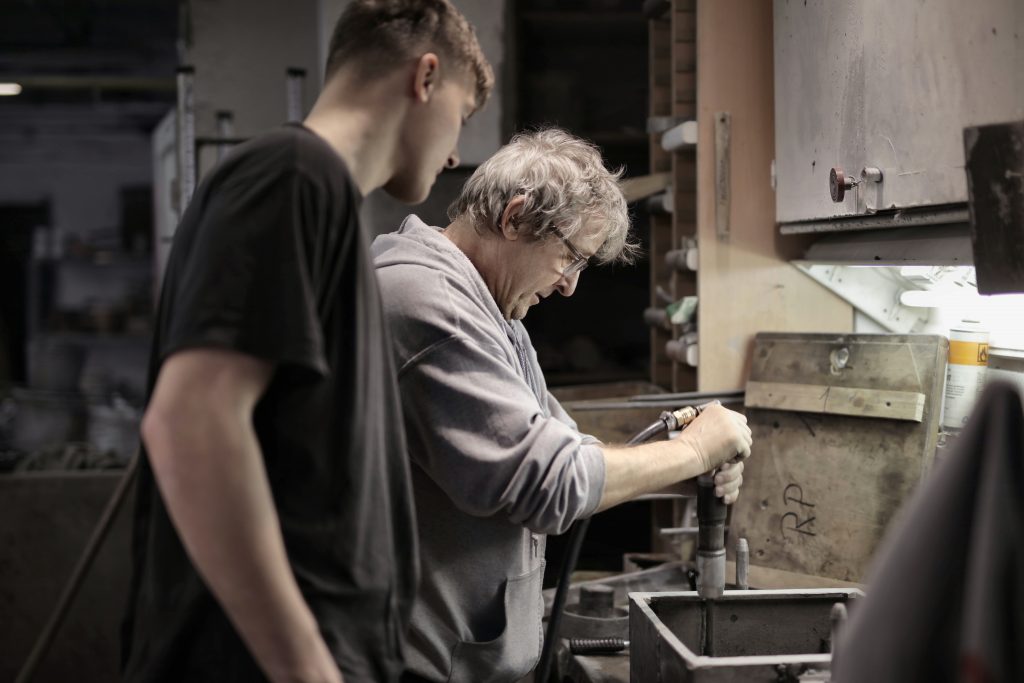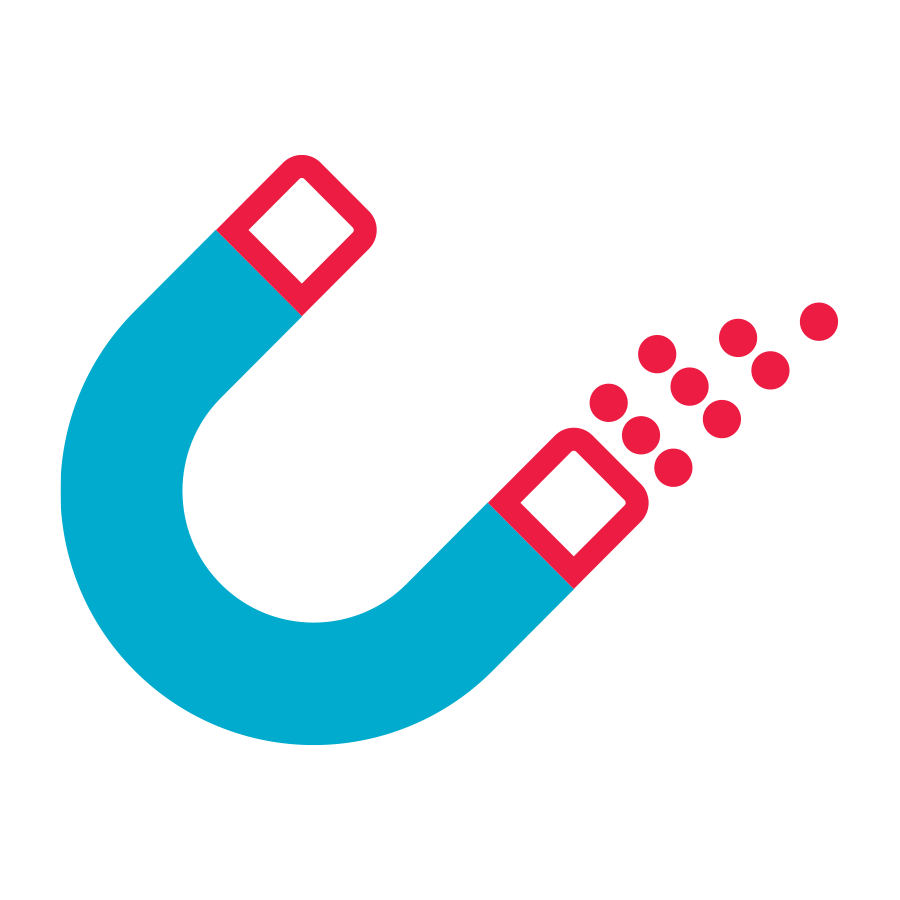
Train the technical trainers
The transfer of technical skills across the organization is essential to the development of new talent and the sustainability of operations.
Technical experts are highly skilled but lack sometimes the approach and means to train and coach their colleagues.
This program helps them:
- Adopt an andragogical approach to develop learners' skills
- Engage in effective learning activities and ensure the transfer of knowledge and know-how to the operational
environment
or refer to the content below
The LeaderZone Approach
- Our workshops are appreciated for their dynamism and their self-reflective dimension. They are designed to allow participants to explore, to exchange with their colleagues and coach in a constructive way, to learn and to commit to action.
- This is ensured by using various techniques, such as simplified scientific models, inspiring stories, self-reflection exercises, discussions (in large groups, in small teams or in pairs), analysis of real cases, demonstrations, auto-diagnostics, experiments, debates or mini games.
- During a workshop, some post-training missions are suggested and the participants are invited to identify concrete actions that they will put in place to ensure the transfer of learning in their daily lives and achieve the desired results.
- Adaptable content to your reality and your needs
- Learning-track format to drive a long-term transfer of skills
- 2 or 3 hours per workshop
- Every 2 or 3 weeks
- An optimal cohort of 12 participants
- Virtual, in person, hybrid or comodal
- Self-reflective activities, concrete transferable tools, and post-training missions
- High level of interaction and coaching-style facilitation
- Integrating the LeaderZone platform is recommended for sustained learning throughout the program (activities between workshops))
The content in brief
Workshop 1.
The andragogical instructional design
- The principles of andragogy – the LTEM model
- Learning objectives: to develop knowledge, know-how and attitude
- Content curation methodology
- Experiential, social, and formal activities
- Essential factors: mode (virtual or face-to-face), number of participants, duration
- Flow architecture (keeping a catchy rhythm)
- Logistics: slides, documents, workbooks, tools, videos, demonstrations, etc.
Workshop 2.
Co-creation and mutual aid
- Solve, in groups, certain specific and complex design and adapt to the different situations.
Workshop 3.
Facilitation on the job
- The 3 dimensions: content, climate, and structure.
- Understanding and adaptation to the public
- Ask questions and open conversations
- Impactful approach: tone, emotions, stories, shocking data, etc.
- Manage difficult participations
- Evaluate results (transfer to operations)



